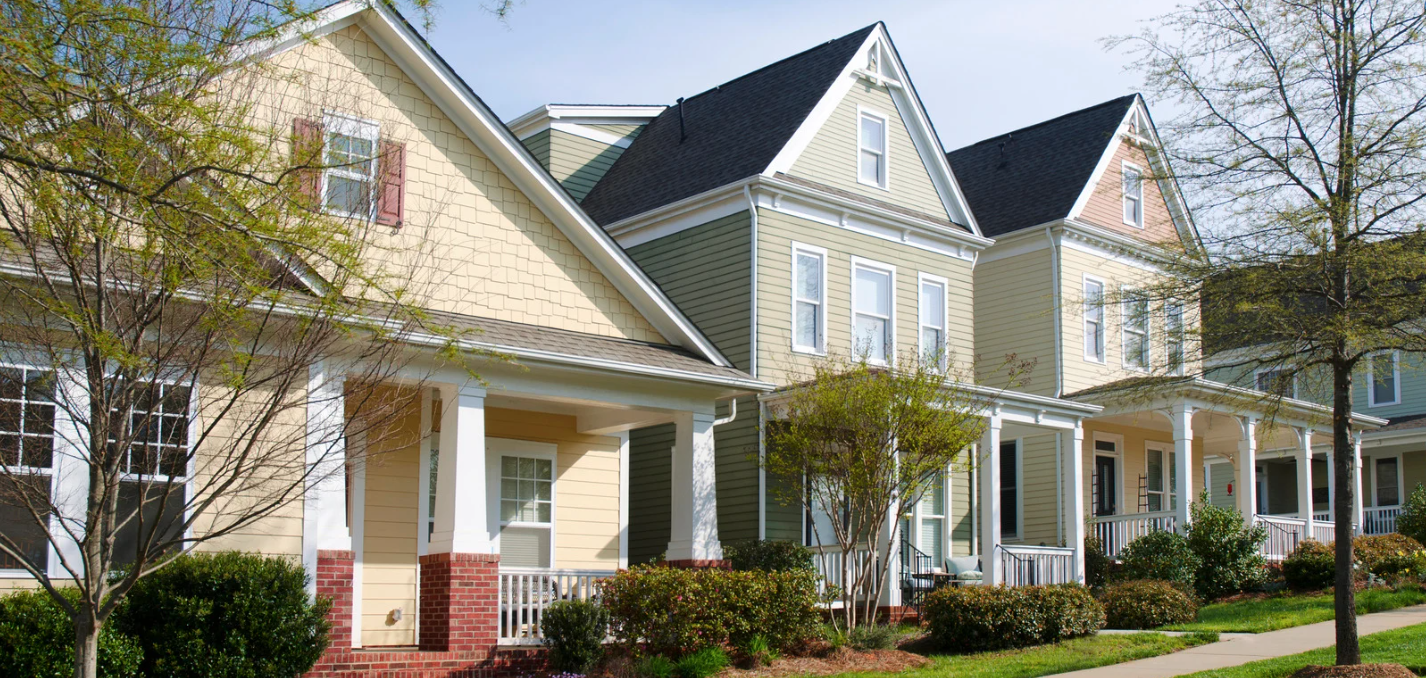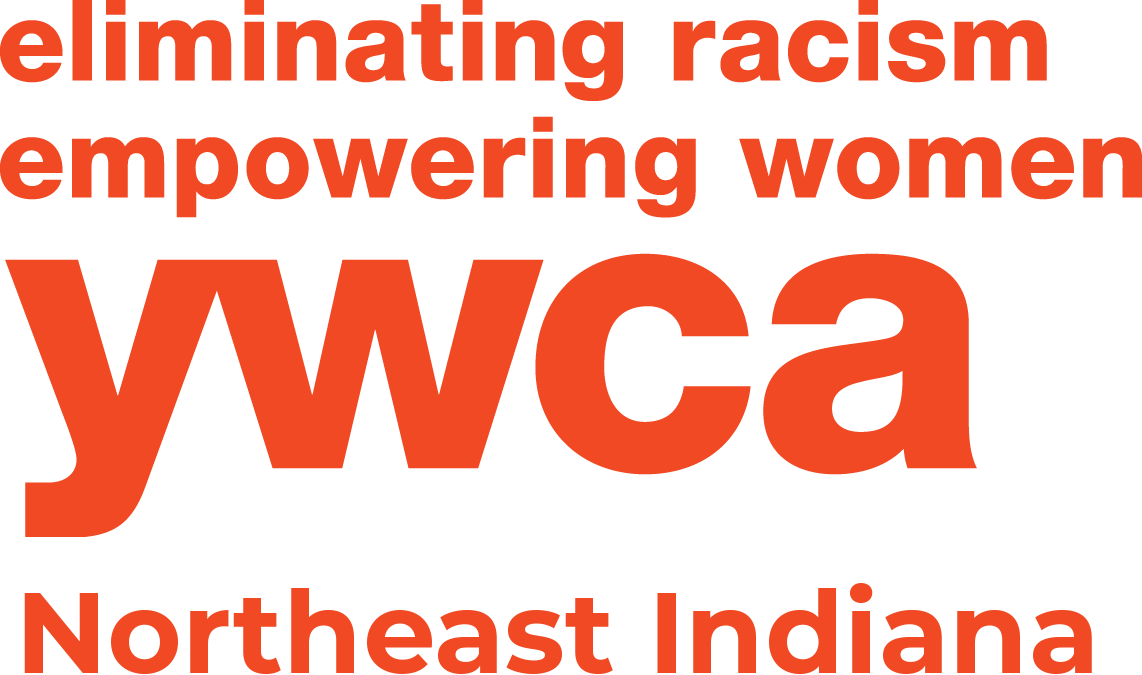Dear AllY,
Growing up, I wanted to be a gypsy. Young Heather romanticized the idea of picking up and moving about, meeting new people, and learning new things. What can I say, I am an observer of the human experience! And while I have had my fair share of adventures, there came a time to settle down. Two of my most cherished accomplishments are having a child, who is a second-generation college student, and my husband and I becoming homeowners. Neither of my parents are homeowners, so this accomplishment is a dream come true that I did not initially think to include in my plans.
We have had the same neighbors for almost ten years now. To our left, a single man who canoes and gardens tomatoes. Across the street, there was an older lady who lived alone until she was put into an elder care home. Prior to this move this past summer, she started racially harassing her next door neighbors, the Mexican-American family who lives directly across from us. Since then, her children and interracial grandchildren have emptied the house. But, for the purposes of my story today, I will now focus on the neighbors to my right.
One of my bedroom windows faces our neighbor’s driveway and because my neighbors often hang out in their driveway after the wife gets home from work, my husband and I have overheard some interesting, and at times, very inappropriate conversations. Like many typical neighbors, they have shown some acts of random kindness, such as mowing our yard. And, we have dealt with a few irritants, like their children riding their bikes through our neighborhood at inappropriate hours. And, while no one can really define the typical neighbor experience, the most confusing neighbor characteristic for me is their racist beliefs. I can vividly recall one recent and unseasonably warm afternoon, I was resting with our windows open. The wife, who is a waitress, was complaining about her ‘Mexican’ coworkers to the husband. Apparently on the drive home, she shared her complaints with her mother over the phone. “You know what my mom said? She said the Mexicans are worse than N-Rs!” To which the husband chuckled in agreement, “You don’t have to tell me, I already know!”
While reflecting on the conversations and favors we’ve shared, I wonder, “Do they think of ME as a n-er?”. “How do they see my teenage son, or my family when they come to visit?” My husband and I are master-level professionals, and as for our neighbors, the husband does not work and the wife is a waitress. I mention this for two reasons. Firstly, to demonstrate how the racial wealth gap between college educated minorities and non-college educated Whites is manifested in reality. And secondly, no matter how much Americans love a good “pull them self up by their bootstraps” story, when it comes to racial minorities, success may not necessarily mitigate social and/or cultural invalidation. How many times is our success attributed to diversity quotas? Racial minorities learn to deal with the practice of our own personal capacity being diminished, because of the color of our skin. While my body was physically safe, my overall sense of well-being was impacted for some time. I was quiet and curt for the rest of the day. Initially, I did not feel psychologically safe to share this experience, out of fear of invalidation or dismissal. My concern was the casual dismissal or glossing over the impact of being exposed to racism that could result from sharing this experience. Any racial minority will tell you that it is a natural tendency to guard these types of experiences. It is in this way that facing bigotry and racism is a compounding experience for racial minorities. But continuing to silence ourselves is a social function that allows racism to persist. My job as Racial Justice Coordinator is to help our community with racial literacy. And because my hope is to increasingly build a sense of community through the practice of allyship, I share this experience with you.
Additionally concerning, experiencing trauma and/or abuse may shame us into silence. If you are familiar with Cycles of Abuse used to convey the dynamics of domestic abuse and violence, it is easy to understand the violence of racism. How many ways are we encouraged to be strong and just deal with it? If you are White, think about the people who have hurt you. What do they look like? If you know survivors of sexual assault or domestic violence in your community, what do the perpetrators look like? More than likely, the people who have hurt you, look like you. And yet in what ways is it easier for society to harbor negative stereotypes about minorities? Comedian D.L. Hughely says “The most dangerous place for a Black person to live is in a White person’s imagination.” The illogical nature of racism is not just directed at racial minorities, it takes a certain level of practiced inhumanity to reduce any group of people to the worst of human behaviors. The ways in which racist stereotypes are used against minorities does not just impact minorities. I have walked into my son’s bedroom while he is gaming, to hear someone else’s son tell him “I’m sorry you don’t know where your father is…” because they are losing in a video game. To my son, monkey sounds and other racial harassment is a byproduct of playing games online. Truth is the CDC finds that Black American fathers are one of the most involved groups in their children’s lives; however, our racial socialization would have us ignore that fact.
At first, the experience with my neighbor shocked me. And now I think it scares me that even as “successful” as I am, someone as close as my neighbor wholeheartedly believes in my inferiority. I imagine that my neighbor’s children must have similar social values and I don’t want my son to be numb to the inhumanity of racism.
I am genuinely curious to know, how do you all talk about race in your homes? What efforts have you made to evolve from past practices? Like the kids say now, “I don’t know who needs to hear this..” but by the time racial minorities address a racialized social dynamic, race has made its presence known implicitly or explicitly. That is to say that Black and Brown Americans are obviously not the only ones who “talk about race”. So let’s “talk about race” together, in the vein of being allies against all systems of oppression, including racism.
Heather Guy, Racial Justice Coordinator

